How to Prepare for the Next Power Outage
If you somehow hadn’t noticed, there was a power outage following a terrible windstorm in BC exactly 1 month ago, on December 20th. Thousands of people were left without power.
BC Hydro crews worked hard to restore power to everyone, but on December 28th, there were still about 1,600 people on BC’s south coast without power – that’s 8 days without power!! At the height of the storm on the 20th, more than 700,000 homes and businesses were without power.
Were you affected? Were you ready for it?
If you (like most people) were not quite as prepared as you would like, take a look at these tips so your next power outage experience goes much more smoothly.
Before the Power Goes Out
Take a look around your house – what do you use on a regular basis that requires electricity? It might be a lot more than you think.
Plan alternatives so that you can meet your needs during a power outage. Stock up on batteries, flashlights, non-perishable food (that you don’t cook, or at have a way to cook safely without power), and lots of water. Better yet, get a disaster preparedness kit that already comes with most of what you need, and supplement it with more water, better tasting food, and other personal items.
Check out this blog post on building an emergency kit.
Leave a thermometer in your fridge and freezer so you can know if your food is safe to eat.
Get in the habit of keeping your cell phone charged and your car at least half full of gas.
During the Power Outage
Before you do anything, make sure this isn’t just a “you” problem. Is your neighbor’s power still on? If it is, check your own circuit breaker panel or fuse box. Check the service wires leading to the house if there’s nothing wrong with the breaker or fuse box. If they’re obviously damaged or on the ground, stay at least 10 meters back and contact BC Hydro.
Contact BC Hydro to report the outage if this isn’t just a “you” problem and your neighbor’s power is out too.
Keep your refrigerator and freezer doors closed. A fridge can keep everything inside it cold enough for about 4 hours if you keep the door shut. A freezer will stay cold for about 48 hours.
In prolonged power outages, if you’re able to go grocery shopping, only buy food that doesn’t rely on power to cook and doesn’t need to be refrigerated or frozen.
To avoid carbon monoxide poisoning, only use generators outside and at least 20 feet from windows. This goes for camp stoves and charcoal grills too. Never use a gas stovetop or oven to heat your home.
Turn off or disconnect appliances and other electronics to avoid damaging them in case of a power surge/spike when the power does return.
Never leave lit candles unattended. Whenever possible, use a flashlight instead.
Check on your family, friends and neighbors – and help if needed. Older adults and young children are especially vulnerable to extreme temperatures.
If it’s cold, keep a few taps slightly open to prevent pipes from freezing.
Go to a community centre with power if the heat or cold is too extreme.
Limit your cell phone usage to conserve battery life.
After the Power Outage
Depending on the length of the power outage, your food may have been in the ‘Danger Zone’ temperature range for too long and is no longer safe to eat. If food that is supposed to be refrigerated or frozen has been at a higher temperature for more than 2 hours, it should be discarded. As a general precaution, you can keep a bag of ice cubes in the freezer. If the ice has melted, or melted and refrozen, there is a good chance the food is spoiled. When in doubt, throw it out!
Check on anyone you know (friends, family members and neighbors), especially more vulnerable people who may require assistance.
Do not touch any electrical power lines and do not let anyone else touch them either! Report downed lines to BC Hydro.
Check the outside of your house for signs of damage.
Turn on the main power switch and gradually turn on appliances and electronics to avoid damage as the result of a power surge (before you do this, double check that appliances, electric heaters, TVs, microwaves, computers, etc were unplugged).
Do not enter a flooded basement unless you are sure the power is disconnected.
Reset your clocks, automatic timers, and alarms.
And last, but certainly not least, restock your emergency kit so the supplies will be there when needed again!


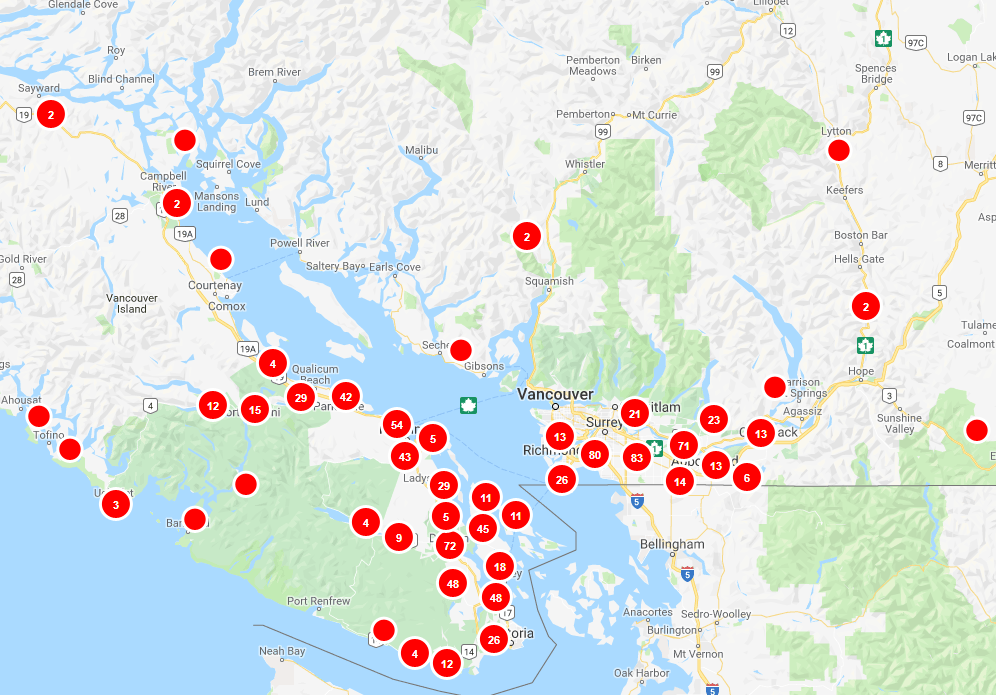
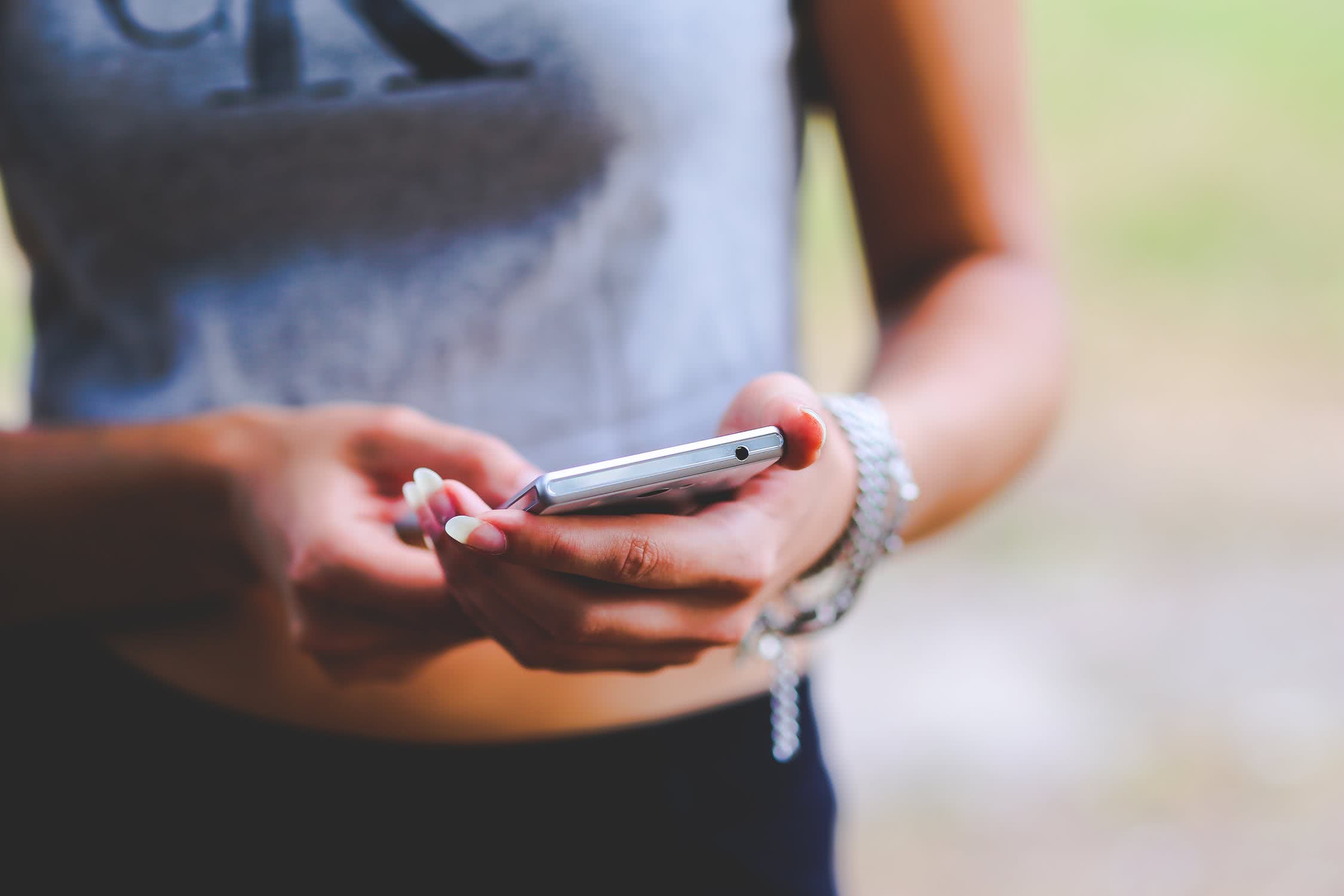
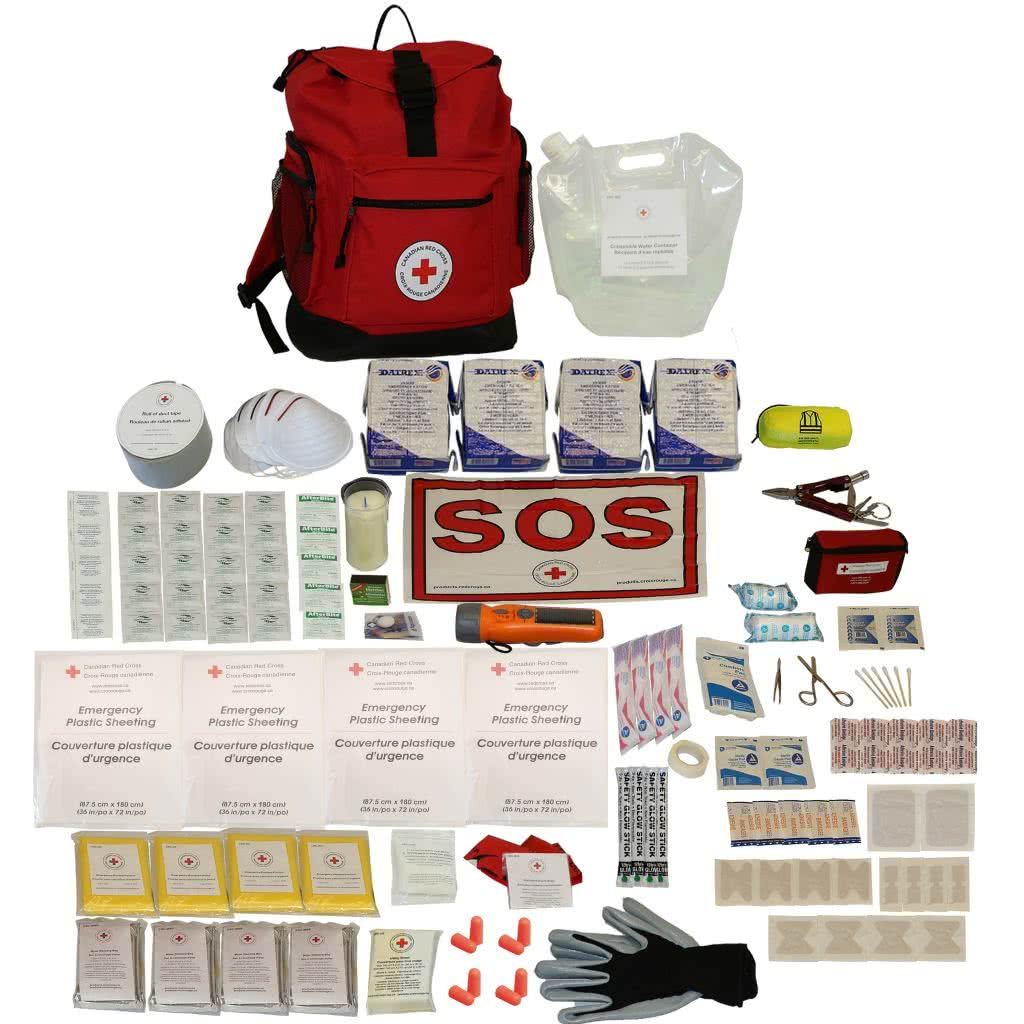
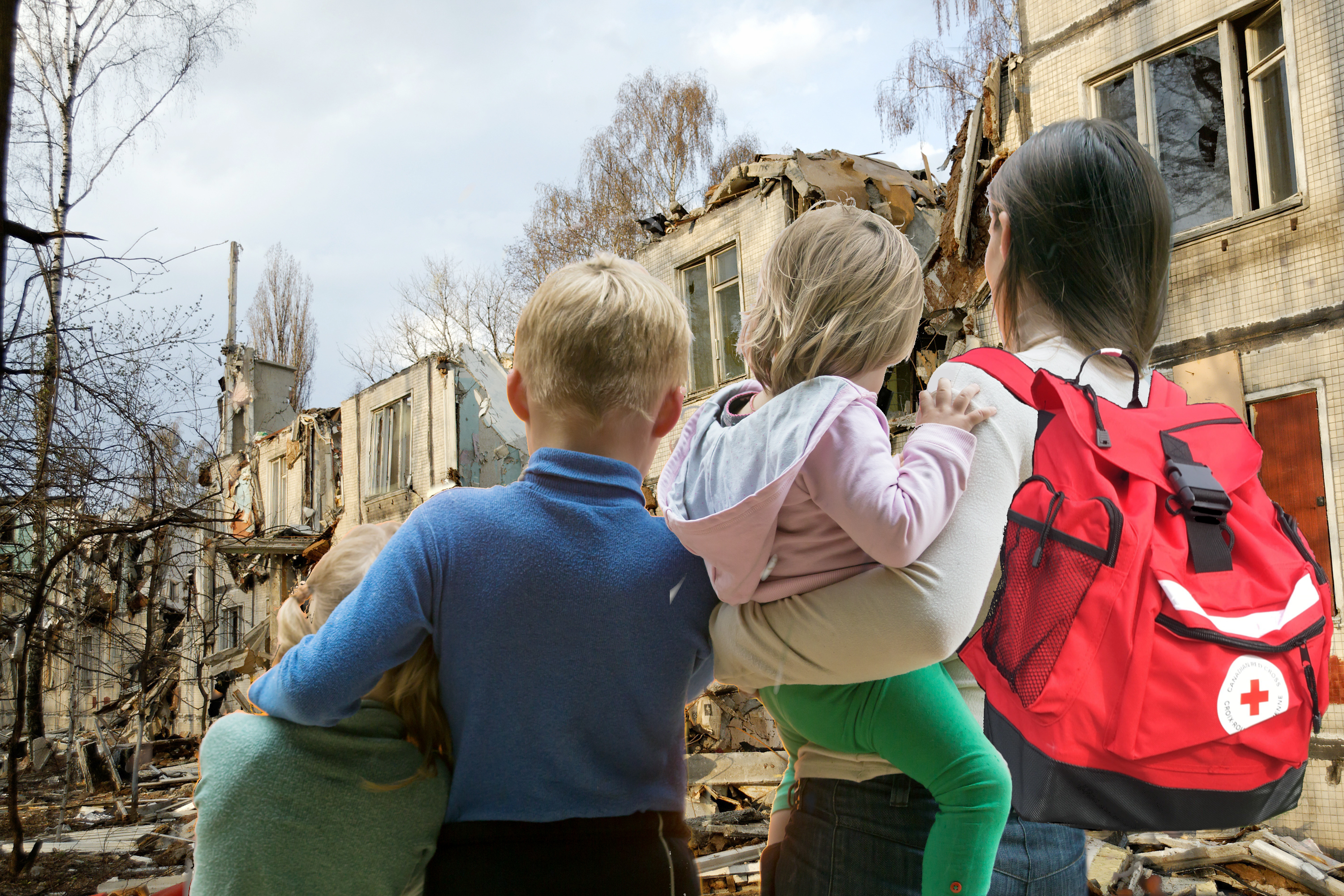
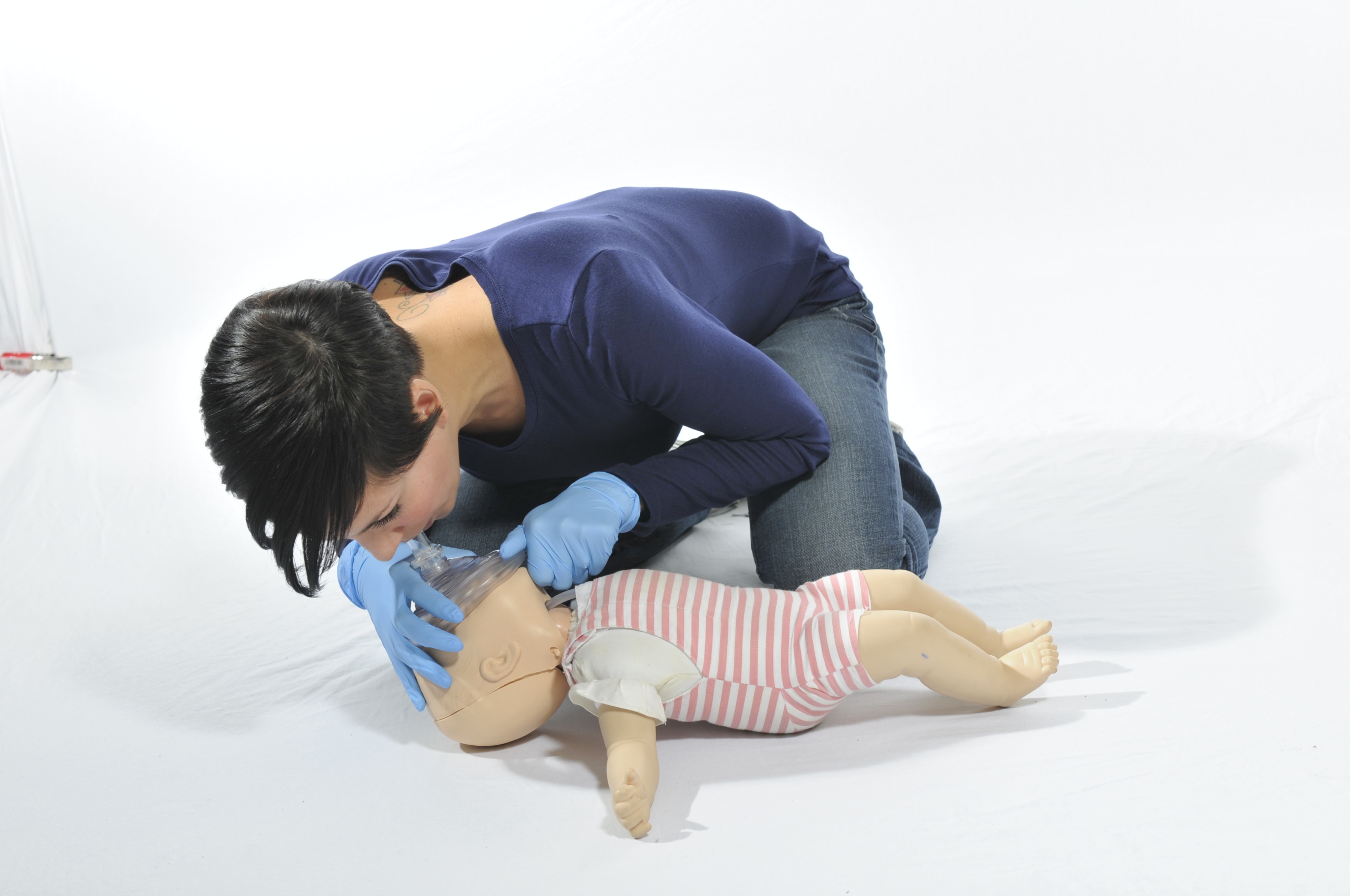
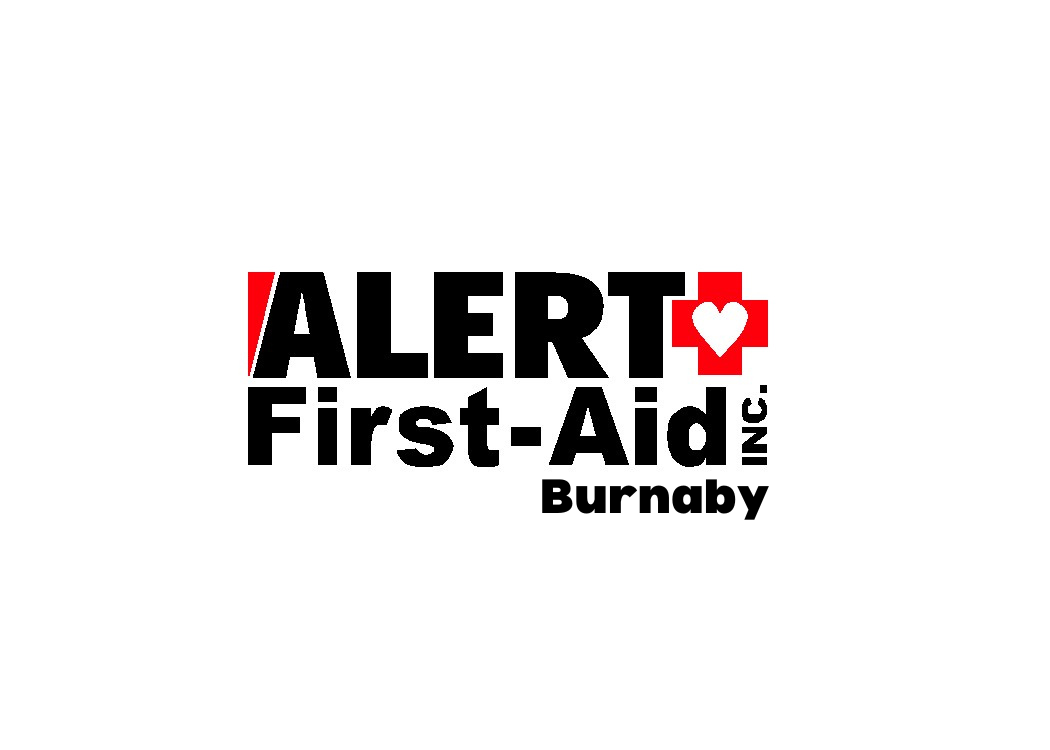
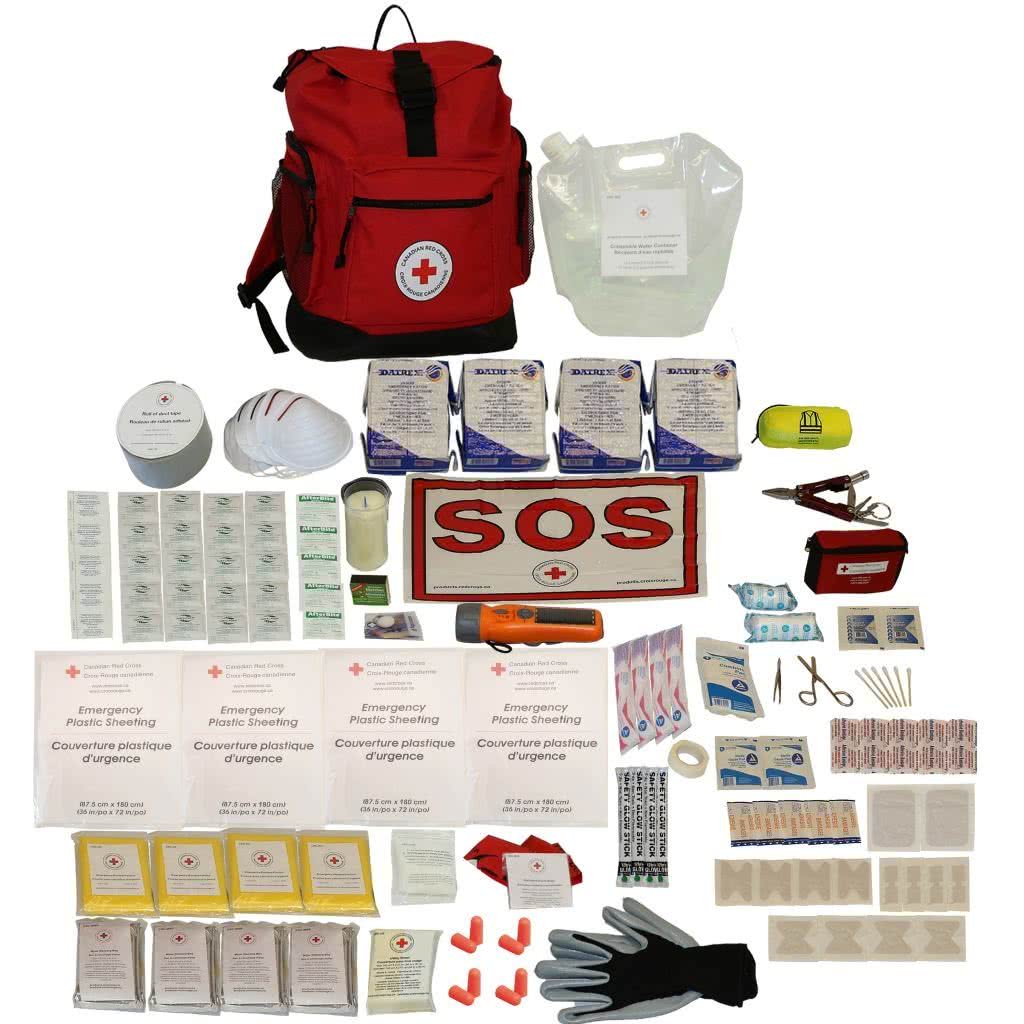

Leave a Reply
Want to join the discussion?Feel free to contribute!